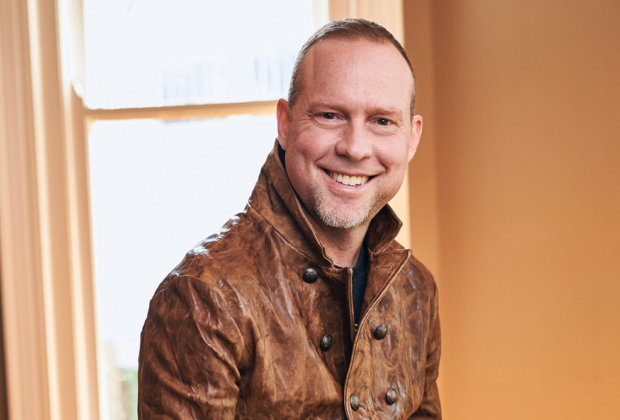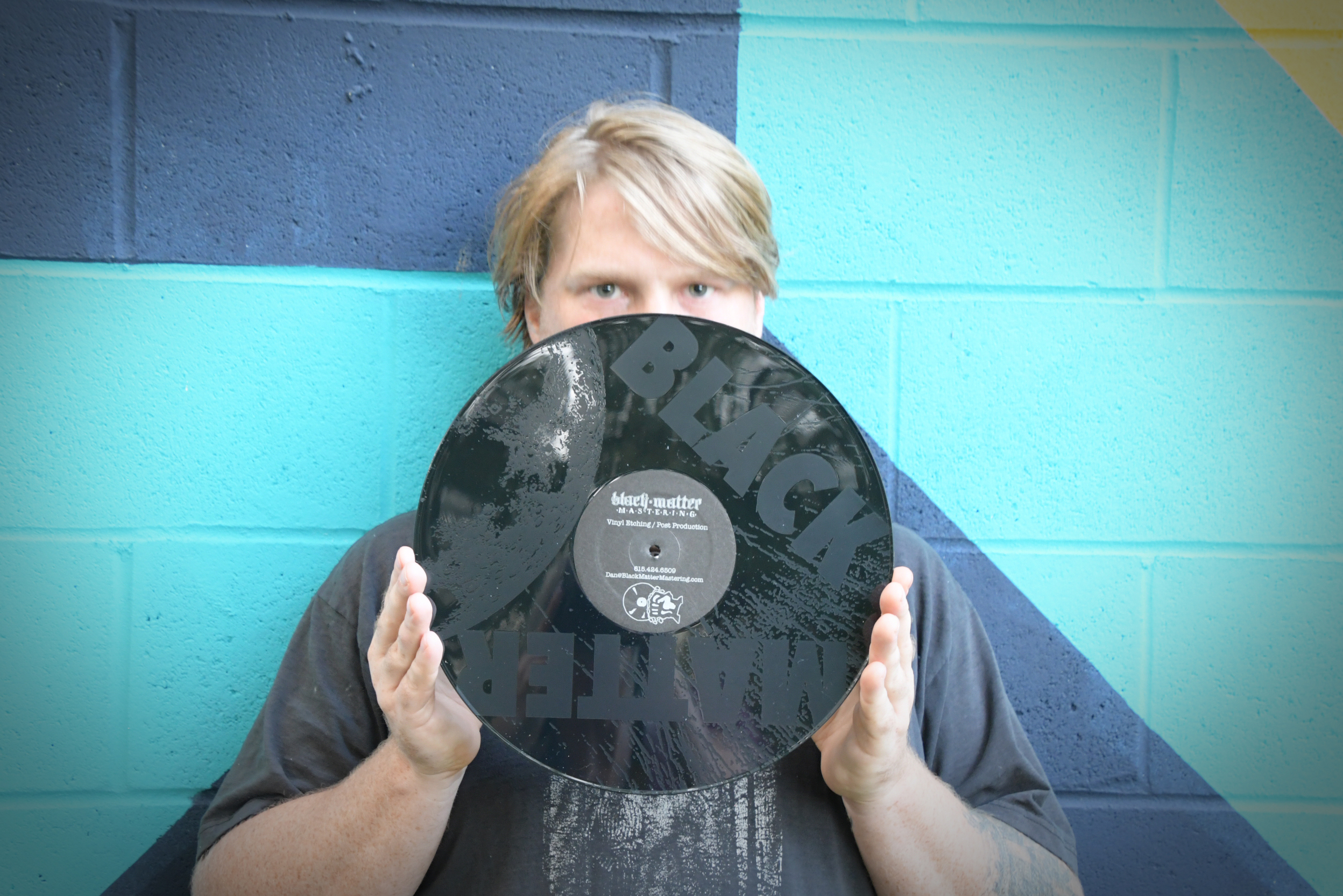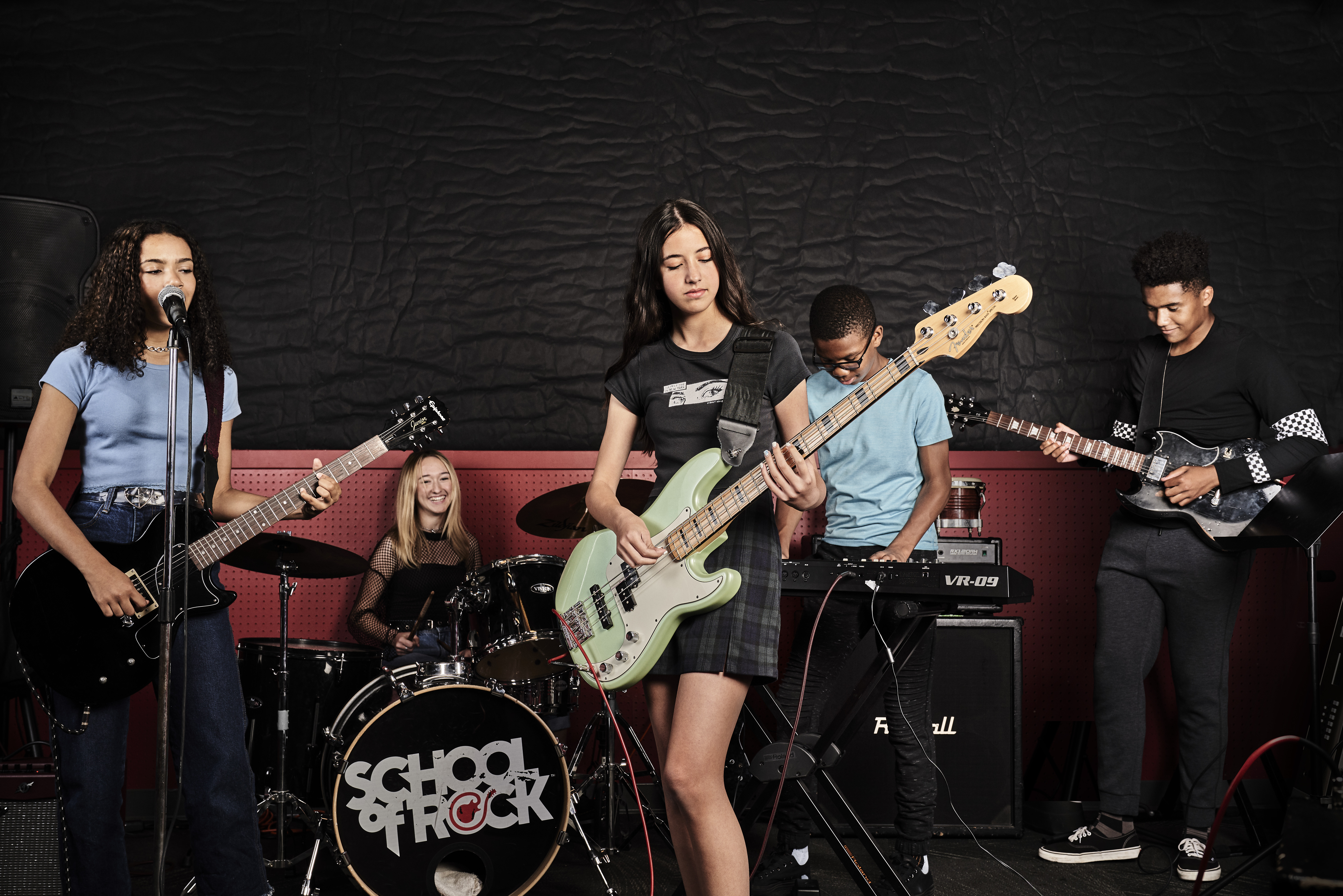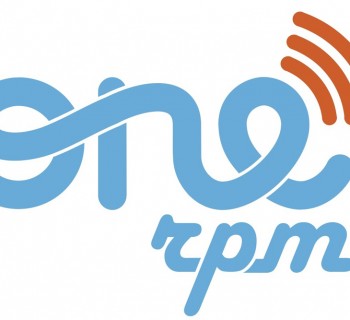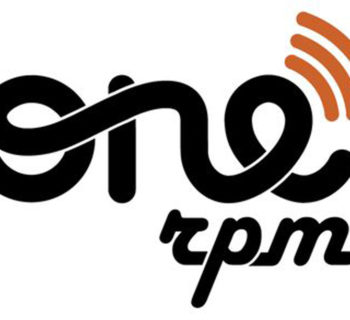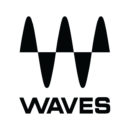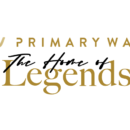Emmanuel Zunz / Owner and Founder / ONErpm
Years with Company: 10
Address: 180 Varick St., New York, NY 10014
Web: onerpm.com
E-mail: [email protected]
Clients: Yelawolf, Method Man, Trace Adkins, Elohim, Lisa Loeb, Paul Oakenfold, Our Vinyl, Elevator
BACKGROUND
Over the past decade, Emmanuel Zunz’s digital rights platform, ONErpm, has grown to include more than 300 million subscribers and two billion audio streams per month. Yet beyond taking modern media distribution to the next level, the global outfit has expanded in myriad ways and now offers a comprehensive suite of services appropriate for artists of any size.
The New Interface
We’re in the midst of launching a new site. It has a lot more marketing components to it and it’s going to be a great resource. It’s also going to help our business in a tremendous way. We’ve invested a lot of resources [into this] and we’re having some interesting breakthroughs. We need it because our business has evolved into being much more customized.
Promotional Campaign Consistency
We’ve developed a robust backend technology that helps us manage
campaigns in a consistent manner. We have a checklist that allows us to make sure we’re doing all the work within the specified time period. Since we’ve launched this [backend system] 18 months ago, we’ve done 9,000 campaigns. Some are very simple, like three to five tasks. The most comprehensive campaigns have 100 to 120 action items. It holds us accountable because if we don’t do something everybody sees it. And when it’s complete, we create a report and give it to our clients.
Service Tiers
We have the basic tier, which is [purely access to] our distribution platform. Anybody can sign up. It’s pure tech; [users] just engage with the site. It’s low-level support but it’s free and there are no restrictions. The second level of service is called Taking Off. This is for artists who need customized marketing but don’t need all the bells and whistles. Then there’s Next Level, which is more of a label model for bigger budgets and more global. And then there’s Verge Records, which we re-launched last year. There, we’re doing more traditional label-type deals, but the bulk of our business is still licensing.
Negotiations and Merlin
A lot of people don’t realize that not all deals are the same. They say, well, this company is giving me a better rate, so I’m going to go with them. Yeah, but you might actually make less money because they didn’t negotiate like we did. Or they don’t have the market share we do that [allows
us to] extract benefits. And a lot of people don’t understand that the major labels have always had the advantage.
This is why organizations like Merlin [Network] exist. For some deals, we’ve opted in because we think that by joining forces we can collectively get a better rate. But on some deals we negotiate direct. It’s very helpful, especially in markets like China where we don’t have any presence. We don’t have the ability to go in those markets and negotiate the best terms. Merlin does that for us.
Having a Vested Interest in Beneficial Treatment
We only make money when the artist makes money. We don’t charge for our DIY service, so we’re very much interested in negotiating the
best terms possible with DSPs. I suspect many of these DIY companies that aren’t earning money off revenue aren’t as concerned about their rates or privileges because they’re just making money on uploads and not the actual performance of tracks.
Commitments Going Both Ways
In order to get access to our marketing support, artists usually have to have an exclusive deal with ONErpm. We require a commitment from artists to give them our marketing.
And it’s not just marketing. It’s money to develop. We do everything. In that sense, we’re just like a label. I don’t see a big difference between a distribution deal that provides services and a record label. It just depends on what kind of rights you’re negotiating.
Global Footprint
We’re a full-service music company, so you need feet on the ground in each market. One of our advantages is we don’t have this headquarters mentality where we have a bunch of people in one building and remotely service our clients. In Brazil, we have 120 people. In Mexico, I have 30. In Columbia, I have 30. In the U.S., I have 40. In Russia, I have 18. You need feet on the ground and local expertise.
Free Studio Access
We have studios in Brooklyn, Nashville, Mexico City, Sao Paulo and Columbia. In every major market, we want studio production facilities. It’s a complimentary service that’s part of our overall marketing package. People who get access are the ones we’ve signed to exclusive deals.
Getting Synched
We have a burgeoning publishing business. It’s still new, so that’s a separate negotiation on the commercial side. And if [our artists] want to be part of our pub admin, synch is part of that. But the synch component is non-exclusive, so [artists] always have the right to opt out. I don’t think we’re particularly strong in synch but it’s something we’re working on.
A Developing Situation
Most people don’t understand what we do. They think we’re just another DIY upload platform. We’re a full-service music company with the ability to provide solutions to any type of artist at any level of their career. Yeah, you can use ONErpm to just upload music and deliver it to different stores, but we’re much more than that. And we want to engage with artists at that level. We’re much more interested in helping artists develop their careers than just providing a DIY service.
Engaging in New Ways of Working
We’re not bound to any previous ways of doing business. We’re not copying anybody’s business model. We’re not trying to be Sony or Warner or anybody else. We do what we think makes sense and what’s fair. We want to help artists succeed. That’s the main thing.
And sometimes to succeed you need a lot of resources. When we provide those resources, it’s not a distribution deal anymore. We’re able to provide artists with the full array of promotional tools and support. That’s not a distribution deal. That’s a different type of business.
Playlisting and New Music Discovery Tools
Playlisting has an important role to play in music discovery and promotion, but other platforms will find ways to break music. Playlisting is important because Spotify is important. A playlist on Spotify is more important than a playlist on Napster or Amazon Prime because Spotify has more market share. But I wouldn’t say playlisting is the most important thing. Playlisting is just one tool artists have at their disposal.
Different Companies Provide Different Outcomes
Find a partner that is going to help you develop your business and be around for a while, as opposed to fixating on the cheapest option. If you go with the cheapest, you’re going to get what you pay for. The wrong question to ask is - what percentage are you going to give me? That is not the most important thing. But that’s what most people fixate on because they don’t understand the difference between companies. Most people make the assumption that all these companies are the same. You’ve got to do your research to understand the difference.

